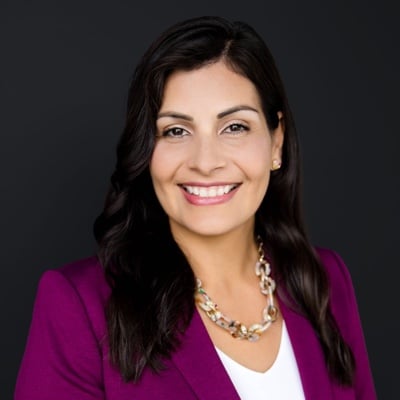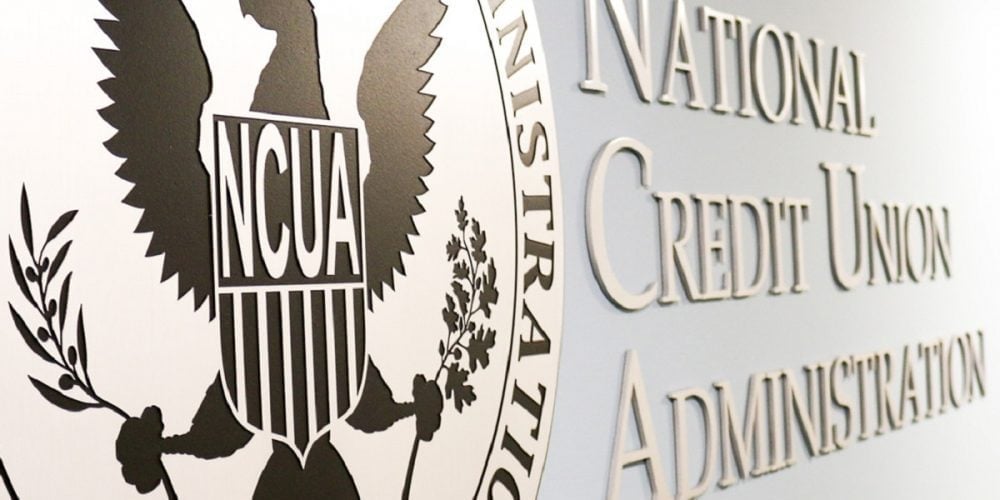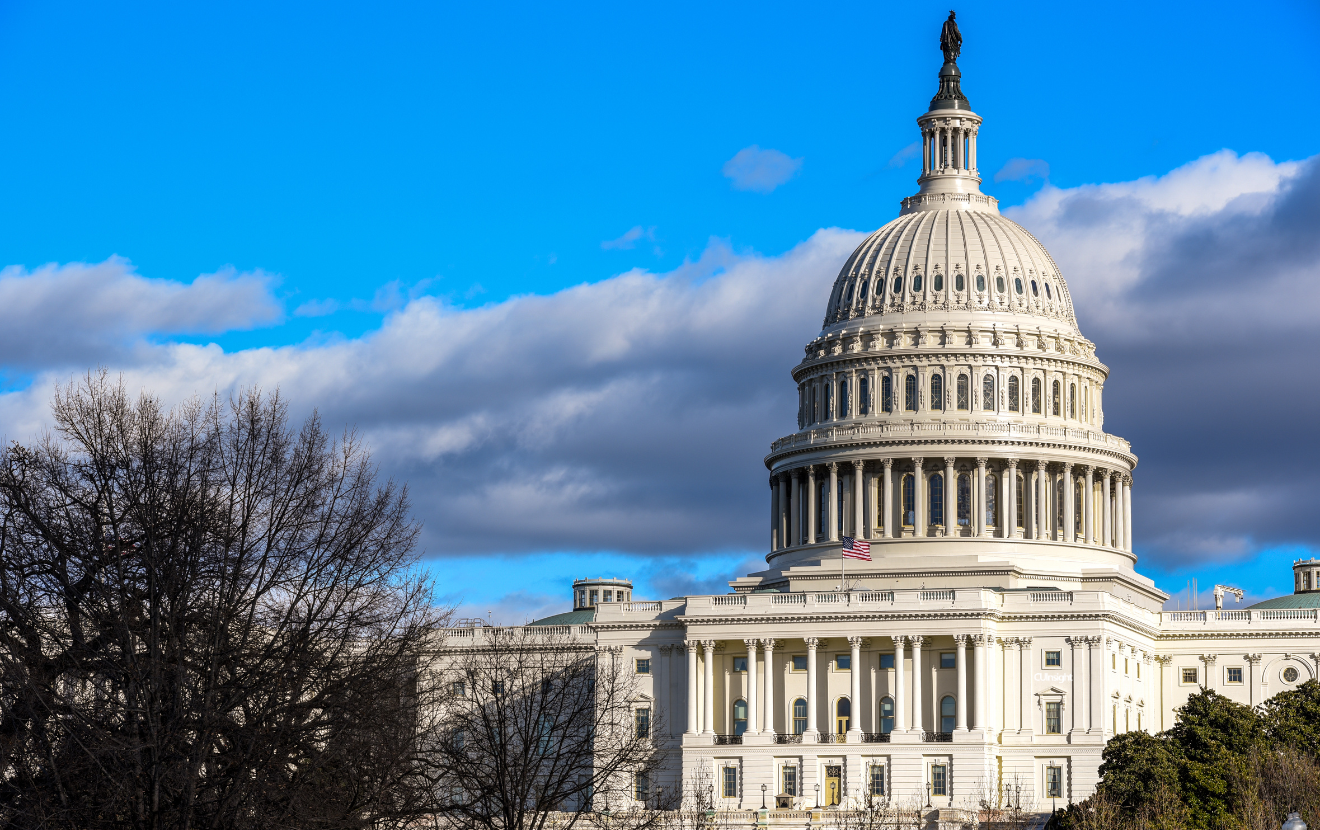To understand what’s most relevant to today’s Hispanic millennials, we went straight to the source. In a recent webinar event, we posed eight of our most burning questions about this segment to three Hispanic millennials who also happen to be credit union employees:
- Breezie Saldaña, Des Moines Metro Credit Union
- German Gutierrez, Gesa Credit Union
- Karina Palos, LiFE Federal Credit Union
Here’s some of what they had to say…
Before joining the credit union industry, where did you receive financial education?
Most financial education came from their families. The panelists’ parents provided a solid understanding of how to manage money. However, each of our panelists explained their parents preferred cash to credit cards. This left the panelists unclear about how to build credit.
Gesa CU’s Gutierrez had an advantage, as he was exposed to several important financial principles through an elective high school accounting course.
“Before joining the credit union industry, all my financial knowledge was from my family,” LiFE FCU’s Palos said. “No one ever sat down and told me what credit was or how to make a budget until I joined my credit union.”
How important is financial education to Hispanic millennials?
All three panelists agreed financial education is very important to Hispanic millennials; however, a gap still exists.
“It’s not that it’s not important,” Gutierrez said. “It’s a lack of understanding of how it’s going to impact day-to-day living, whether looking for a first apartment or buying a first car.”
What’s the biggest financial hurdle for Hispanic millennials?
The panelists pointed out three hurdles. First, they said, there tends to be a lack of trust in financial institutions among people who were born outside the U.S. This is true for the panelists’ parents, due to negative experiences in their home countries.
Second, because Hispanic communities tend to have a negative perception of debt, they don’t always understand how a loan or credit card can actually have a positive impact on overall financial wellness.
Third, consumers across segments don’t understand the differences between banks and credit unions, nor are they aware of all the financial options available. The panelists believe there is an opportunity to address this hurdle by sharing the credit union difference with Hispanic communities.
How can credit unions connect with this segment of the Hispanic community?
Saldaña, Gutierrez and Palos agreed it’s important for credit unions to go into the communities and meet Hispanic millennials where they are, such as at schools and festivals. This helps build trust. They said they haven’t experienced a great turnout when hosting events at their offices.
Palos shared how her credit union partnered with a local Hispanic chamber of commerce that hosts an event for high school students.
“We were one of the vendors and the only financial institution there,” she said. “We talked to the high schoolers about how to build credit. It was very fun, and we got to give a scholarship to one of them.”
Are there certain practices credit unions should avoid while providing financial education to this community?
The panelists said to avoid using words like “owing” or “borrowing” because they are often viewed negatively and associated with poverty. They also warned against assuming that all Hispanic millennials are the same or that certain products and services won’t be relevant.
“Some may think there’s no reason to talk about building a home, CDs or retirement accounts,” Gutierrez said. “No, if you’re going to talk to the Latino community, talk about everything. From experience: Don’t assume.”
How has online and mobile access changed your way of accessing financial information?
Saldaña, Gutierrez and Palos do everything electronically. Online and mobile access is important to millennials because they want access anywhere, anytime. “I check my email every 30 seconds. I haven’t checked my mail in four days,” Karina said. “I don’t always look at my savings, but I have an app that keeps track of it for me.”
High on the list of online and mobile tools the panelists use to manage their finances are Mint, Venmo and their credit union’s mobile app.
What piece of financial literacy do you wish someone would have shared with you growing up?
All three panelists wish they would have had a better understanding of credit at an earlier age. They wish someone would have told them to start working on their credit early. They also didn’t understand all the different ways to get a credit card, such as at a retail check-out counter.
“I got my first credit card by accident,” Palos said. “I was so scared to tell my mom. I had no idea how to use it. I wasn’t aware it was a credit card I was signing up for. I called my mom crying.”
What advice do you have for Latino millennials in regards to financial education?
Saldaña: “Don’t be afraid to learn. Someone is always here to help. Build a relationship with a credit union, and don’t be afraid to ask questions.”
Gutierrez: “Ask questions. Your financial institution will have your best interest in mind. Once you do learn it, share that knowledge. Share every experience, good and bad.”
Palos: “Don’t keep what you learn to yourself. Share with your family, friends and community. Help out your community.”







